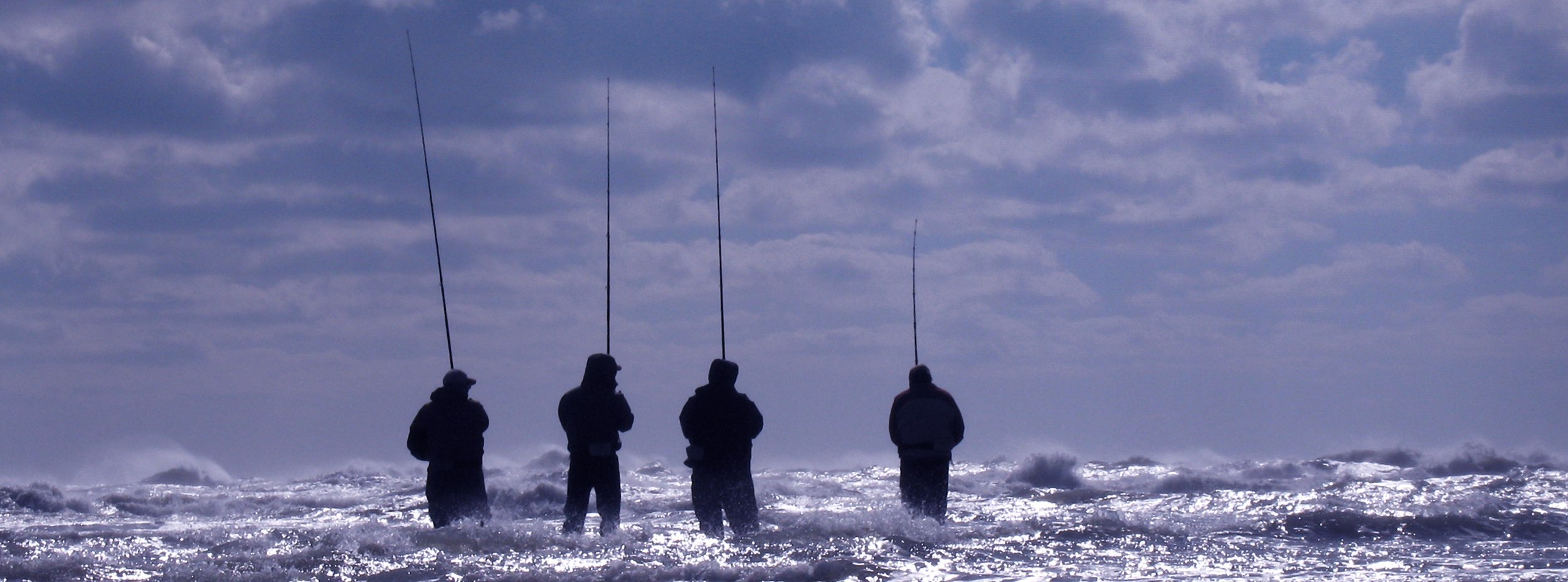This is a great opportunity for the angling community to weigh in on the importance of addressing climate change in our fisheries management process.
The National Saltwater Recreational Fisheries Policy provides NOAA Fisheries with a set of goals for recreational fisheries within NOAA's overall mission. The policy also establishes principles to help guide the agency's planning and decision-making process.
In response to discussions at the 2022 Saltwater Summit, NOAA Fisheries is inviting comments to update the National Saltwater Recreational Fisheries Policy.
The framing for feedback is based on the sections currently identified in the 2015 Policy. Engaging in the public comment process allows anglers to help strengthen the management of recreational fisheries to ensure sustainable and abundant fish stocks.
The core topics you should consider including in your comments.
Addressing Climate Resilience
Maintaining Sustainability
Science-Based Management
Improvements to Data Collection
Please follow this link to submit your comments. Below you will find some comment suggestions for each of the four questions that you will see in the portal. Please use them as a guide to craft your own thoughts and comments on how the policy should be updated.
The deadline for submitting your comments is December 31, 2022.
Climate change comprehensively threatens the fishery management system and will prevent achieving policy goals. This means addressing climate change impacts on recreational fishery management and data collection throughout the policy.
Sustainable and accountable management is fundamental to achieving the goals of the policy so that stocks can maintain or rebuild to support abundant fish populations.
Recreational management should be science-based, uphold ACLs and AMs, prevent overfishing, rebuilds stocks successfully, and conserves and restores habitat to maintain resilient and productive ecosystems that support healthy and abundant fish stocks.
It is important to answer some questions regarding the number of anglers, their effort/trips and catch, mode of fishing (e.g., inshore/offshore), target species, the location/depth of catch, and bycatch information.
Implement refinements to the survey design of the Marine Recreational Information Program (MRIP) and integrate supplemental surveys while working to maintain the quality of data and adequately inform management.
Sustainable and accountable management is fundamental to achieving the goals of the policy so that stocks can maintain or rebuild to support abundant populations of fish.
Recreational management should be science-based, prevent overfishing, rebuild stocks successfully, and conserve and restore habitat to maintain resilient and productive ecosystems that support healthy and abundant fish stocks.
Improve data collection to determine the number of anglers, their effort/trips and catch, mode of fishing (e.g., inshore/offshore), target species, location/depth of catch, and bycatch information.
Develop strategic regional plans to implement the goals and principles of the revised policy statement and consider implementation metrics to gauge the success of the implementation.
Science-Based management and solutions should increase the understanding of the limitations and opportunities for using self-reported data through electronic reporting and increase the use of that data in science and management where appropriate.
Increase opportunities to pilot new approaches, such as Exempted Fishing Permits.
Climate change comprehensively threatens the fishery management system and will prevent the achievement of policy goals. This means addressing climate change impacts on recreational fishery management and data collection throughout the entirety of the policy.






